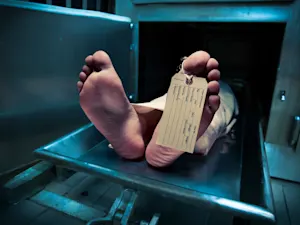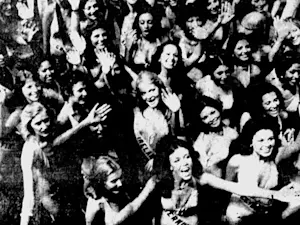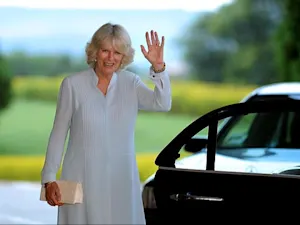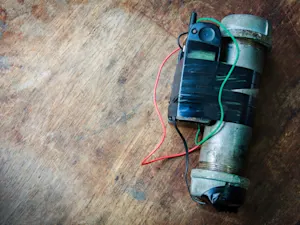
The Rise and Fall of Boston's Notorious Mullen Gang
The Mullen Gang didn't just leave a mark on South Boston's criminal underworld — they carved it deep, shaping the city's crime scene from the 1950s through the bloody 1970s. Known for their ruthless efficiency and relentless rivalry with the Killeen Gang, the Mullens ran everything from gambling to extortion. But when their battle for supremacy erupted into a full-blown war, the streets of Boston felt the fallout. Let's dive into the world of the notorious Mullen Gang.
How did the Mullen Gang get their start?
In the shadows of South Boston, the Mullen Gang grew like weeds in the cracks of the pavement. While the gang's origins remain hazy, by the 1960s, they had become a powerful force in the city's criminal underworld. Led by the sharp-witted and hard-hitting Paulie McGonagle, the gang quickly built a reputation for handling everything illegal — auto theft, racketeering, loansharking, and more. If you needed muscle, the Mullens delivered, but crossing them often meant a one-way ticket out of this world.
Their rise in the city wasn't just about crime; it was about power. South Boston's criminal turf had a finite space, and the Mullens were ready to fight for every inch. And fight they did.
What triggered their war with the Killeen Gang?
Like every good crime saga, the Mullen Gang's story took a dark turn in the early 1970s. The tension between the Mullens and the Killeen Gang, another Irish-American outfit, simmered for years. Then one night in 1971, the lid blew off. Mickie Dwyer, a Mullen, squared off with Kenneth Killeen at a bar. It wasn't just a fight — it was an outright brawl. Killeen shot Dwyer in the arm and then, in a brutal move, bit off part of his nose. That violent, grotesque attack lit the fuse for an all-out gang war.
The Mullens wanted revenge. They hit back hard, leaving a trail of blood and bodies in their wake. First, a Killeen enforcer shot Dennis "Buddy" Roache, a Mullen member, paralyzing him for life. The Mullens retaliated by killing Billy O'Sullivan, one of the Killeen Gang's most feared hitmen. It wasn't just a battle for territory anymore; it had become deeply personal.
How did the war between the Mullens and Killeens end?
The war between the Mullens and the Killeens reached a grim climax in 1972. Whitey Bulger, then a rising force in the Killeen Gang, accidentally killed Donald McGonagle, Paulie's brother, in a case of mistaken identity. The bullets may have hit the wrong man, but the message was clear — no one was safe in this gang war.
But the real turning point came on May 13, 1972, when someone gunned down Donald Killeen, leader of the Killeen Gang, right outside his Framingham home. That murder effectively shattered the Killeen Gang's power structure and left the Mullens as the last men standing — temporarily.
Victory came at a price. The gang war had decimated both sides, and the bloodshed drew the attention of Howie Winter, leader of the Winter Hill Gang. Seeing an opportunity, Winter brokered a peace deal, bringing the Mullens and the remnants of the Killeens together. But this wasn't a true truce; it was a takeover.
How did Whitey Bulger seal the Mullen Gang's fate?
Whitey Bulger, though not a Mullen member, played a critical role in their demise. After the truce, Bulger wasted no time taking control. He didn't just want power — he wanted complete domination. To solidify his grip on Boston's underworld, Bulger began eliminating anyone who could challenge him, and that meant former Mullen Gang members.
One by one, Bulger's enemies fell. He orchestrated the murders of Paulie McGonagle, Tommy King, and Buddy Leonard, wiping out the last remaining threats from the Mullen side. Bulger, with his ruthlessness and strategic mind, didn't just absorb the Mullens into his empire — he destroyed them.
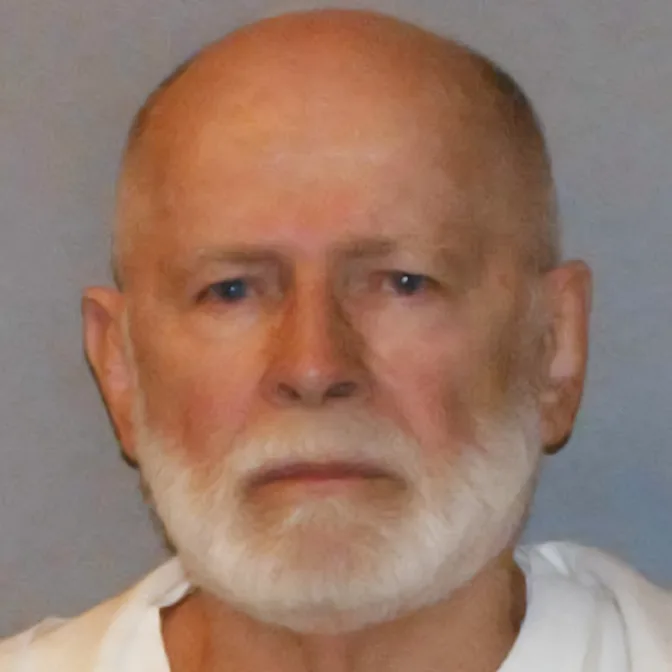 Mugshot of James J. Bulger, August 2011. Photo courtesy of the United States Marshals Service. Public domain.
Mugshot of James J. Bulger, August 2011. Photo courtesy of the United States Marshals Service. Public domain.
What legacy did the Mullen Gang leave behind?
The Mullen Gang's story ended in blood and betrayal, but their impact on Boston's criminal history endures. Their turf war with the Killeen Gang set the stage for Whitey Bulger's reign of terror, which would dominate the city for decades. What started as a scrappy gang in South Boston ended as part of a criminal empire. Yet, the Mullens never truly disappeared. Their legacy lives on as part of the city's gritty, violent past — a reminder of the cost of power in a world where loyalty could get you killed.
References: The Second Irish Gang War: The Mullens vs the Killeens | Meet Whitey Bulger, the Notorious Crime Boss Who Went into Hiding









